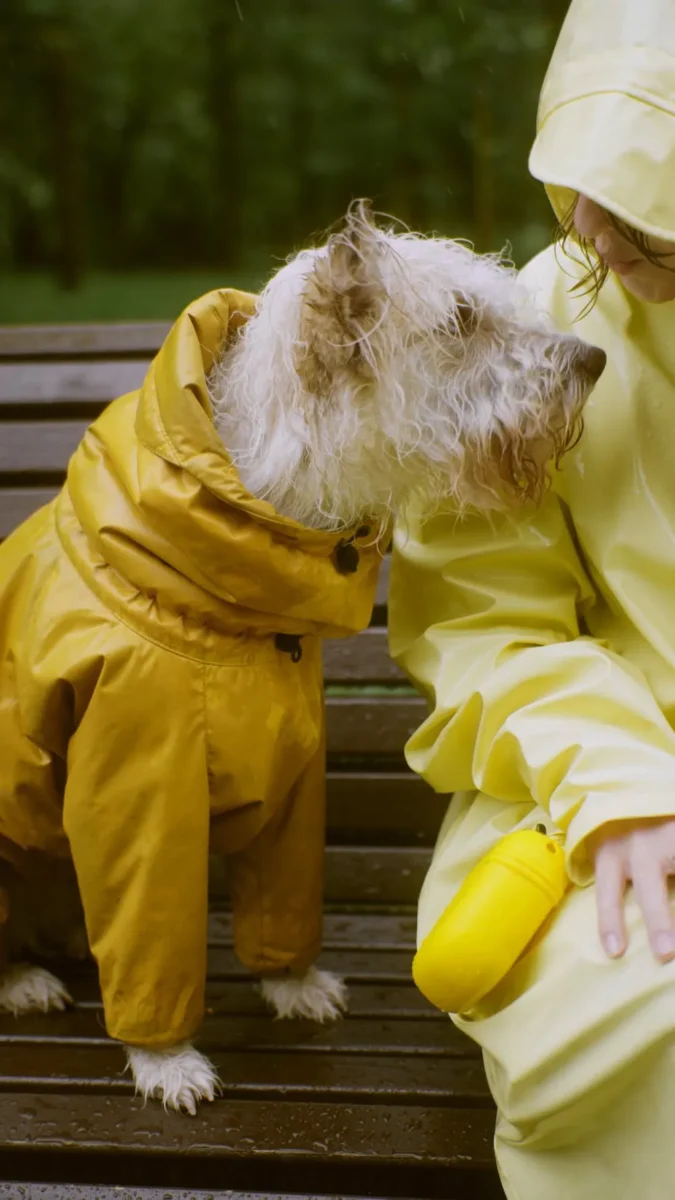You want to make sure your pup is getting the best food possible, but it’s hard to keep track of everything they’re allowed to eat and to know what snacks are safe for your pup, as different dogs have different dietary needs. But can dogs eat Doritos?
Description of Doritos
Doritos are a globally known brand of chips that has been produced since 1964 by the American food company Frito-Lay. Surprisingly, the initial Doritos did not have any added flavorings. The first flavor that was ever added to Doritos was called Toasted Corn. It was launched in 1966. The next flavor was launched in 167, and it was called Taco. The famous Nacho Cheese was launched in 1972.
Doritos are made from ground corn, vegetable oils, and salt. The chips are usually triangular or wedge-shaped. They are typically sold in bags that contain 6–9 smaller bags, each about the size of a standard chip bag. Doritos have been available in many different flavors since their introduction in 1964. Early flavors included Toasted Corn (the first Dorito flavor), Taco, and Nacho Cheese. More recent flavors include Spicy Nacho, Jalapeño Cheddar, Cool Ranch, Flamethrower, Spicy Sweet Chili, and Ultra Spice.
Doritos are one of the most popular brands of chips in the United States. In 2019, Doritos was the fourth best-selling brand of chips in the country, with sales of $1.85 billion.
Nutritional Values of Doritos
Doritos are a high-calorie food. A single bag of Doritos contains about 1240 calories. This means that eating just one bag of Doritos is likely to increase your daily calorie intake by a significant amount.
Doritos are also high in fat. A single bag of Doritos contains about 60 grams of fat, which is about 90% of the daily recommended intake for fat. Of this fat, 11 grams are saturated fat, which is about 55% of the daily recommended intake for saturated fat.
Doritos are also high in sodium. A single bag of Doritos contains about 2200 milligrams of sodium, which is about 92% of the daily recommended intake for sodium.
Doritos are also high in sugar. A single bag of Doritos contains about 24 grams of sugar, which is about 8% of the daily recommended intake for sugar.
Doritos are not a good source of nutrients. A single bag of Doritos contains only 2% of the daily recommended intake for fiber and 3% of the daily recommended intake for protein. Doritos are also low in vitamins and minerals.
Because of their high calorie and fat content, Doritos should be consumed in moderation.
Can Dogs Eat Doritos?
Doritos are not considered to be toxic to dogs. However, they are not healthy food for dogs. Dogs who consume Doritos may experience digestive problems such as vomiting and diarrhea.
Doritos are also high in calories and fat, which can lead to weight gain in dogs. Additionally, the high sodium content of Doritos can be harmful to dogs with certain health conditions, such as kidney disease.
There are some flavors, such as Nacho Cheese or Cool Ranch, which contain onions, garlic, or their derivatives. These ingredients can be toxic to dogs and should be avoided.
In general, it is best to give your dog any processed snacks like Doritos. Dogs are better off with a healthy, balanced diet that is designed specifically for their needs.

Harmful Effects Of Doritos On Dogs
There are some flavors of Doritos that contain harmful ingredients for dogs. As discussed above, Nacho Cheese and Cool Ranch both contain onions, garlic, or their derivatives.
Onions and garlic can be toxic to dogs and can cause anemia. The symptoms of onion or garlic toxicity in dogs include vomiting, diarrhea, weakness, and lethargy. If your dog has consumed Doritos that contain these ingredients, it is important to contact your veterinarian immediately.
Additionally, some flavors of Doritos contain chocolate. Chocolate is also toxic to dogs and can cause vomiting, diarrhea, and seizures. If your dog has consumed Doritos that contain chocolate, it is important to contact your veterinarian immediately.
Doritos are also high in calories and fat, which can lead to weight gain in dogs. Additionally, the high sodium content of Doritos can be harmful to dogs with certain health conditions, such as kidney disease.
For these reasons, it is best to avoid feeding Doritos to your dog. If your dog does consume Doritos, be sure to monitor them closely for signs of digestive issues. If you notice anything unusual, immediately contact your veterinarian.
Healthy Snacks For Your Dog
If you are looking for a healthy snack for your dog, there are many options available.
Many companies make dog treats that are specifically designed to be nutritious and delicious. There are also many fruits and vegetables that are safe for dogs to eat.
Some of the best fruits and vegetables for dogs include apples, bananas, blueberries, carrots, and sweet potatoes. These fruits and vegetables are all low in calories and fat and high in fiber, which is good for your dog’s digestive system.
When choosing a healthy snack for your dog, it is important to avoid snacks that are high in sugar or fat. Dogs do not process these nutrients as well as humans, and they can cause weight gain and health problems. Instead, opt for healthy snacks that are high in protein and fiber and low in calories and fat.
Some of the best high-protein, low-fat snacks for dogs include cooked chicken, lean beef, fish, cottage cheese, and yogurt. These snacks are all low in calories and fat but high in protein, which is essential for your dog’s health.

Our Final Thoughts
Doritos are highly processed and not a healthy food for dogs. They are high in calories, fat, and sodium and can cause digestive problems in dogs. Additionally, some flavors of Doritos contain onions, garlic, or chocolate, which can be toxic to dogs. For these reasons, it is best to avoid feeding Doritos to your dog.
When it comes to snacks, there are plenty of healthier options available for your dog. Instead of feeding them Doritos, try giving them some fruits or vegetables as a snack. These snacks are lower in calories and fat and higher in fiber, which is good for your dog’s digestive system.









